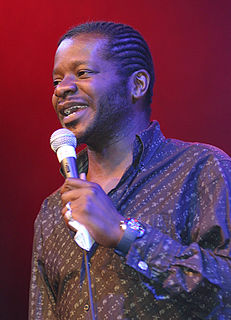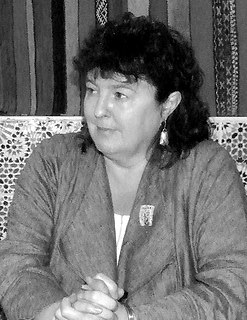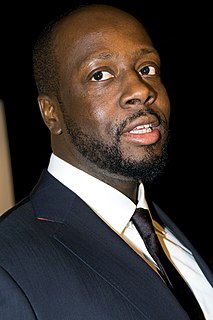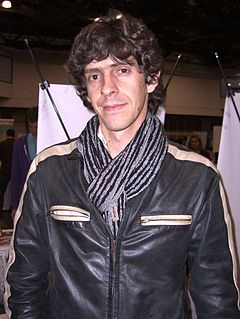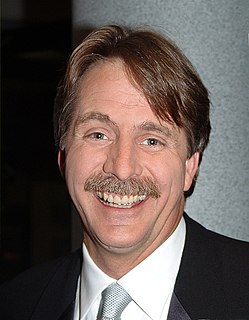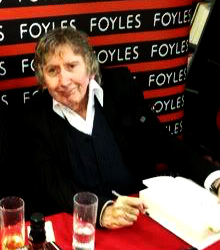A Quote by John le Carre
I grew up in a completely bookless household. It was my father's boast that he had never read a book from end to end.
Related Quotes
I grew up in a completely bookless household. It was my father's boast that he had never read a book from end to end. I don't remember any of his ladies being bookish. So I was entirely dependent on my schoolteachers for my early reading with the exception of The Wind in the Willows, which a stepmother read to me when I was in hospital.
I grew up in a completely bookless household. It was my father's boast that he had never read a book from end to end. I don't remember any of his ladies being bookish. So I was entirely dependent on my schoolteachers for my early reading with the exception of 'The Wind in the Willows,' which a stepmother read to me when I was in hospital.
I grew up in a bookless house - my parents didn't read poetry, so if I hadn't had the chance to experience it at school I'd never have experienced it. But I loved English, and I was very lucky in that I had inspirational English teachers, Miss Scriven and Mr. Walker, and they liked us to learn poems by heart, which I found I loved doing.
I read John Irving's novel 'The World According To Garp' when I was about 14 or 15. It was the first grown-up book that I had read. It is the story of a young man who grows up to be a novelist. I finished it, and I wanted to write a book that made the reader feel the way I felt at the end of that, which was sort of both bereft and elated.

